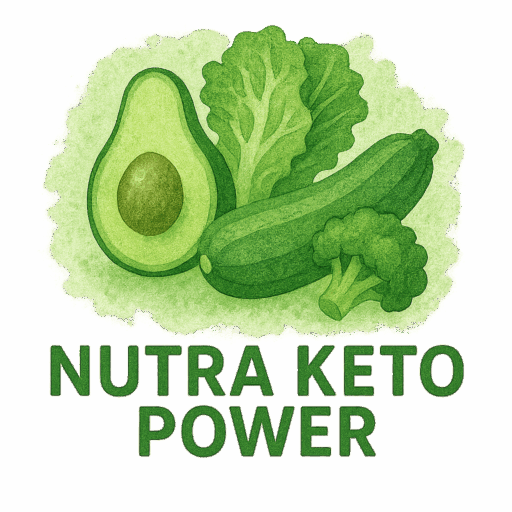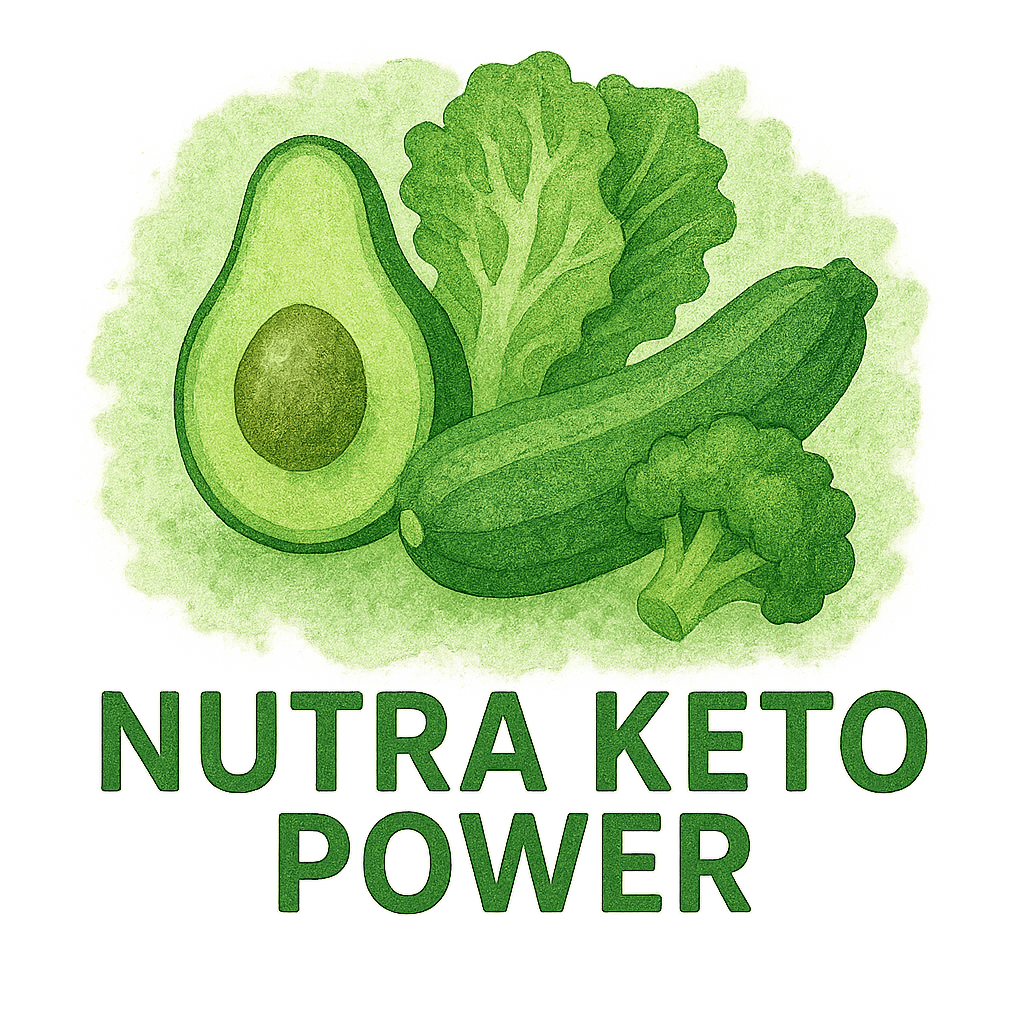Introduction: Why Keto Still Sparks Debate
If you’ve been curious about the ketogenic lifestyle, chances are you’ve stumbled across countless success stories, dramatic before-and-after photos, and, of course, a never-ending stream of myths. Some say keto is a miracle. Others dismiss it as dangerous or unsustainable. But here’s the thing: most of what people believe about keto transformations simply isn’t true.
In this article, we’re going to break down 8 myths about real keto transformations and set the record straight. By the end, you’ll know exactly what’s fact, what’s fiction, and how to confidently approach your own keto journey.
Myth #1: Keto Is Just Another Fad Diet
The truth about keto’s scientific foundation
Unlike diet crazes that vanish after a few seasons, the ketogenic diet is rooted in over a century of research. Originally designed to help people with epilepsy, keto has since been studied for its effects on metabolism, blood sugar control, and weight loss.
When you lower your carb intake, your body switches from burning glucose to burning fat, producing ketones as an alternative energy source. This metabolic shift—called ketosis—isn’t a gimmick. It’s a real, measurable process backed by science.
Long-term benefits vs. short-term hype
Yes, the internet often hypes keto as a “quick fix,” but the truth is its power lies in the long game. Sustainable fat loss, better energy, and improved mental clarity are results people experience when they treat keto as a lifestyle, not a temporary diet. You can explore more about building a healthy keto lifestyle here.
Myth #2: You Can’t Get Enough Nutrients on Keto
Keto-friendly sources of vitamins and minerals
Another common misconception is that keto leaves you nutrient-deficient. In reality, keto-friendly foods are packed with nutrients:
- Leafy greens like spinach and kale provide iron, vitamin K, and magnesium.
- Fatty fish deliver omega-3s and vitamin D.
- Avocados offer potassium and fiber.
Why balance matters in a ketogenic lifestyle
The problem isn’t the diet—it’s how people do it. If you only eat cheese and bacon, yes, you’ll lack nutrients. But a well-balanced ketogenic approach ensures you’re fueling your body with what it truly needs. If you’re curious, you can check out keto recipes that prove variety and nutrition can go hand in hand.
Myth #3: Keto Means Eating Unlimited Bacon and Butter
The misconception about keto “junk food”
Many assume keto is a license to eat endless greasy food. While bacon and butter can be part of keto, they’re not the whole picture. A healthy keto plate often includes lean proteins, low-carb veggies, nuts, seeds, and quality fats.
Healthy fats vs. unhealthy fats
There’s a world of difference between fueling with olive oil, avocado, and salmon versus relying on fried processed meats. Real keto transformations come from prioritizing nutrient-dense foods—not just piling on bacon.

Myth #4: Keto Is Impossible to Maintain Long-Term
How to make keto sustainable
Skeptics often claim keto is too restrictive to maintain. But here’s the reality: once you adapt, your cravings for carbs diminish, and the lifestyle feels more natural. Many who adopt keto long-term say they enjoy better energy and fewer blood sugar crashes.
Lifestyle habits that support consistency
Simple strategies—like meal prepping, keeping keto snacks handy, and experimenting with new recipes—help make keto sustainable. Creating a routine that works for your lifestyle is the secret to sticking with it.
Myth #5: Keto Causes Dangerous Side Effects
Understanding the “keto flu”
Yes, some people experience headaches, fatigue, or irritability during the first week. This “keto flu” happens as your body adjusts to burning fat instead of carbs. It’s temporary and can often be eased with proper hydration and electrolytes.
Separating short-term adaptation from real risks
Critics often confuse this short-term phase with long-term dangers. In fact, studies show that a properly followed ketogenic diet can improve metabolic health markers, support heart health, and enhance fat metabolism. To maximize safety, many people choose to complement their diet with keto supplements.
Myth #6: Keto Doesn’t Work for Weight Loss
Why keto triggers fat burning
One of the biggest keto myths is that it doesn’t actually burn fat. The truth? By lowering carbs, you reduce insulin levels, making it easier for your body to access stored fat. That’s why keto is often considered one of the most effective approaches for weight loss.
Success stories backed by science
Research shows keto dieters typically lose more weight in the first 3–6 months than those on low-fat diets. Plus, many report less hunger and more stable energy, making it easier to stay consistent. Want to see how others have done it? Browse inspiring keto benefits and transformations.
Myth #7: Keto Is the Same for Everyone
Customizing keto for your body and goals
Here’s the truth: keto isn’t one-size-fits-all. Some thrive on strict macros, while others use a more flexible approach like “lazy keto” or “dirty keto.” What works depends on your metabolism, lifestyle, and goals.
The role of supplements and flexibility
Supplements like electrolytes, exogenous ketones, and multivitamins can help fill gaps. And being adaptable—adjusting protein or carb intake based on your activity level—can make keto more personalized and sustainable. Check out practical guides on Nutra Keto Power to see how others customize their approach.
Myth #8: Keto Is Only About Losing Weight
Other benefits of keto beyond the scale
Keto isn’t just about slimming down—it’s about transforming your overall health. Many report improved focus, better energy, reduced inflammation, and even clearer skin.
How keto supports energy, focus, and wellness
By stabilizing blood sugar, keto prevents the crashes you get from carb-heavy diets. That’s why many use it as a tool for mental performance, not just fat loss. You can dive deeper into the science of keto’s benefits here.
Practical Tips to Avoid Falling for Keto Myths
Doing your own research
Don’t rely solely on social media posts. Look for real studies, success stories, and trusted resources before making judgments about keto.
Learning from real transformations
Explore authentic keto reviews and testimonials to understand how different people experience transformations. Remember, myths thrive on generalizations, while truth lives in the details.
Conclusion: The Reality of Keto Transformations
Keto isn’t a fad, it’s not nutrient-deficient, and it certainly isn’t just bacon and butter. Real transformations happen when you understand the science, listen to your body, and build a sustainable lifestyle.
The myths we’ve debunked today show just how much misinformation surrounds keto. By separating fact from fiction, you’re already better equipped to succeed on your journey. Whether your goal is fat loss, improved focus, or better health, keto can deliver—if you do it right.
For more insights, recipes, and resources, visit Nutra Keto Power.
FAQs
1. Can you build muscle on keto?
Yes! With the right protein intake and training, keto can support muscle growth while keeping you lean.
2. Is intermittent fasting required for keto?
Not at all. Some combine fasting with keto for extra fat-burning, but it’s optional.
3. How long does it take to see keto results?
Most people notice changes within 2–4 weeks, though fat loss and energy improvements build over time.
4. Do I need supplements on keto?
Not necessarily, but keto supplements can help with electrolytes, vitamins, and performance.
5. Is keto safe for everyone?
While keto is safe for most, people with medical conditions should consult a doctor before starting.
6. Can you ever eat carbs again on keto?
Yes, many people cycle carbs or enjoy occasional treats while staying keto-focused overall.
7. What’s the biggest secret to keto success?
Consistency. Real transformations happen when you treat keto as a lifestyle, not a temporary fix.


